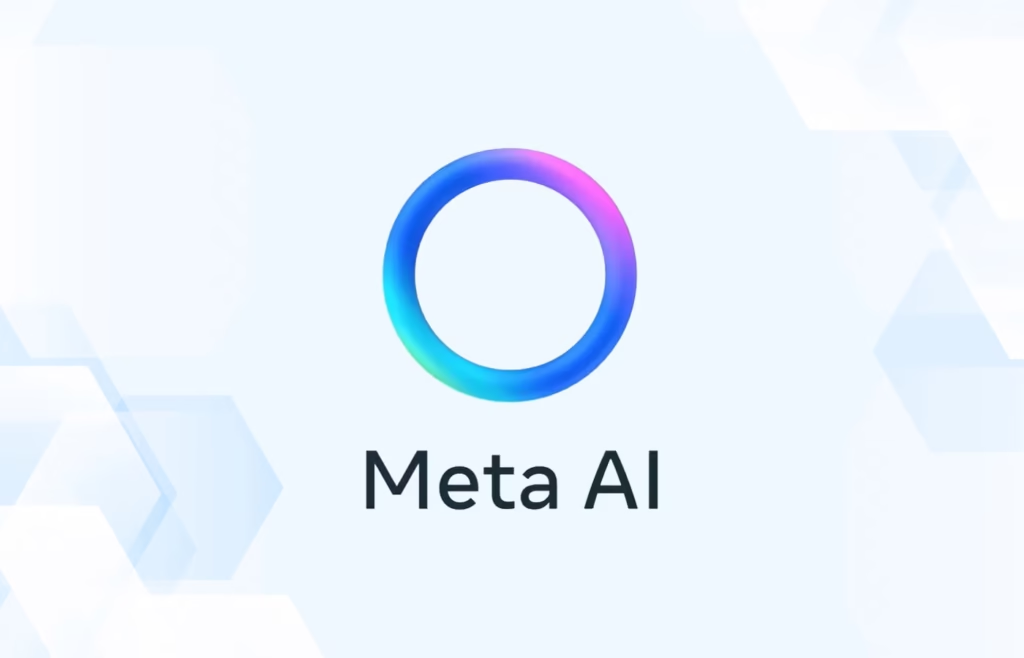In Menlo Park and beyond, Meta has poured huge sums into artificial intelligence, bulking up infrastructure, hiring top talent, and deploying its models across apps like Meta AI. Yet, despite all this muscle, the company appears to be grappling with a very real challenge: its AI investments are not translating into products that stick in users’ daily lives. As one recent analysis put it, Meta has “an AI product problem,” according to TechCrunch.
Privately, insiders and external observers alike note that while Meta has data, compute-power and models in abundance, the “jobs-to-be-done” — those practical, repeatable user tasks that define a product’s value — remain elusive. And for a company that wants to dominate AI, that gap between promise and tangible user benefit is beginning to show.

Table of Contents
Massive spend, murky payoff
Meta’s financials tell the story. The company’s AI build-out has driven up spending sharply. For instance, CapEx forecasts for 2025 were raised to between US$70 billion and US$72 billion, as Meta ramps up its compute and data-centre investments.
But at the same time, user adoption and engagement with its AI surfaces appear less compelling. Reports suggest that despite claims of broad distribution of Meta AI across Facebook, Instagram and WhatsApp, the everyday usefulness for consumers or businesses remains limited, which means retention, repeat usage and monetisation are under pressure.
In other words: vast investment, strong architecture… but what the user “loves” and uses every day is still missing.
Why this product weakness matters
From Lagos to London, users expect AI tools to solve real tasks: help me shop, organise my life, answer urgent questions, and drive productivity. But for Meta, observers point to several friction points:
- Trust and reliability: When users feel uncertain about how their data is used, or the assistant makes mistakes, they revert to tools they already know. For example, Meta had to patch a vulnerability where user prompts to Meta AI were exposed.
- Fragmented experience: Meta’s AI appears across multiple surfaces — standalone app, in-app assistants, smart glasses, etc. But the behaviour, settings and capabilities often differ, creating confusion.
- Task focus missing: The real measure of AI product success is utility — doing something noticeably better, faster, or cheaper than the alternative. The commentary: Meta is strong on infrastructure, weak on giving users something they must have.
For Nigeria and other emerging markets, this is especially relevant: users here are tech-savvy but also demand local relevance, low data usage, high reliability and clear value. If Meta’s AI falls short globally, the local challenge is even tougher.

What could Meta do to fix the gap?
As an editor watching this unfold, here are four focal strategies Meta might pursue:
- Zero in on a few high-impact tasks: Rather than spreading AI across dozens of ambitions, pick two or three everyday workflows (say: small-business chat support, local language translation, WhatsApp-based shopping assistant) and build deep rather than wide.
- Uniform experience across surfaces: Whether the AI appears on Instagram, WhatsApp or a smart-glass, the core settings, defaults, and behaviour should align. One user, one pattern of interaction.
- Explicit trust and privacy defaults: Users in Nigeria and beyond care how their data is used. Meta must make clear where data goes, how it’s used to train models, and give an easy opt-out. Transparency builds comfort and more usage.
- Measure and publish real user outcomes: Instead of emphasising model size or research breakthroughs, Meta must highlight metrics: tasks completed, time saved, error rates down, and users retained. That drives credibility.
If Meta can make these shifts, the “AI product problem” can convert into an AI product opportunity — especially in markets where a well-tuned assistant could really move the needle.

Meta has built the pipes, wiring and infrastructure for AI at scale. What remains is the product-moment—where users recognise the assistant, rely on it day in, day out, and feel it adds real value. Until that happens, Meta’s billions in AI spend risk being seen as motion rather than meaningful progress.
Join Our Social Media Channels:
WhatsApp: NaijaEyes
Facebook: NaijaEyes
Twitter: NaijaEyes
Instagram: NaijaEyes
TikTok: NaijaEyes





